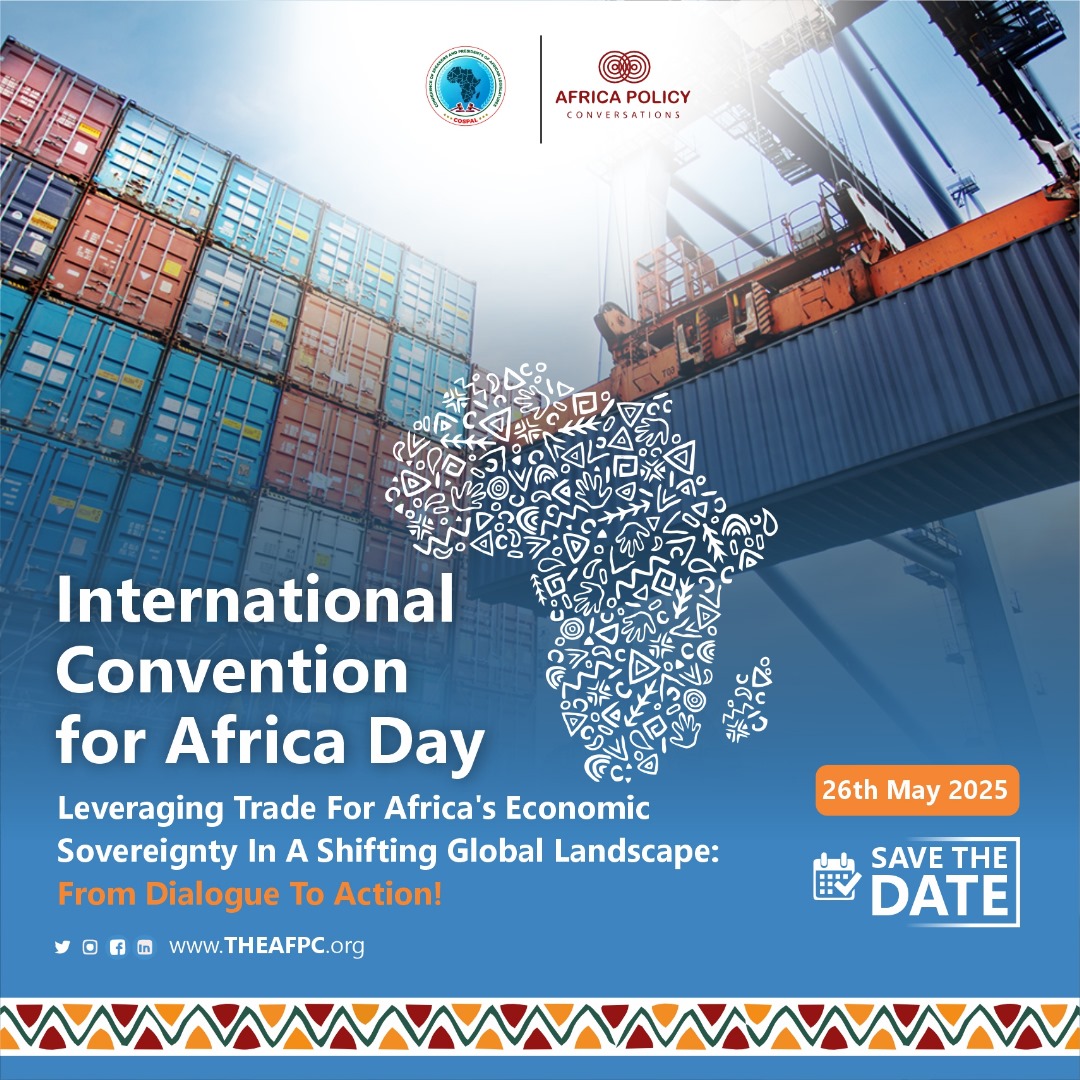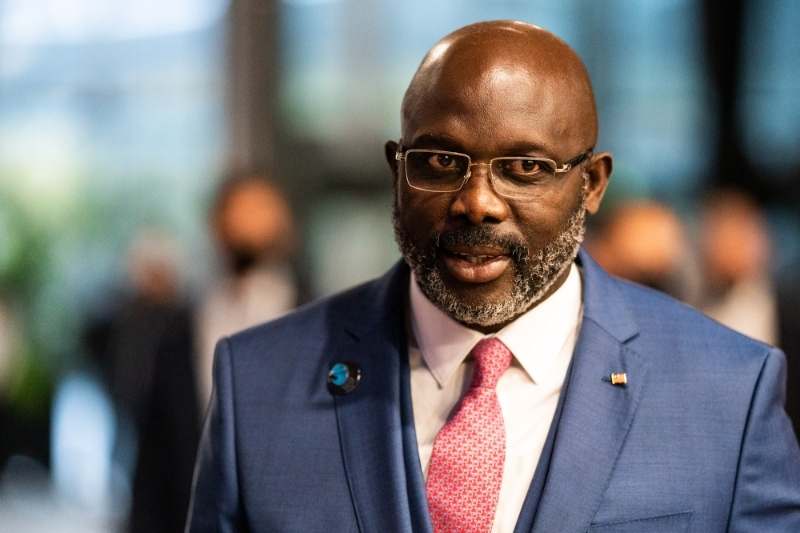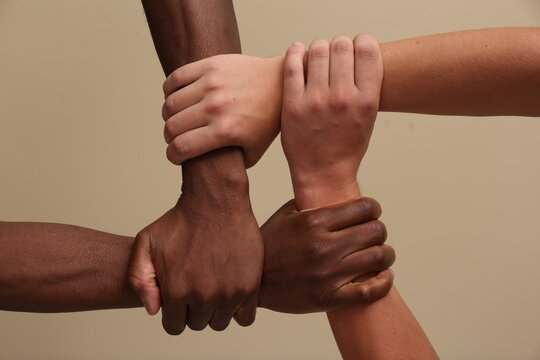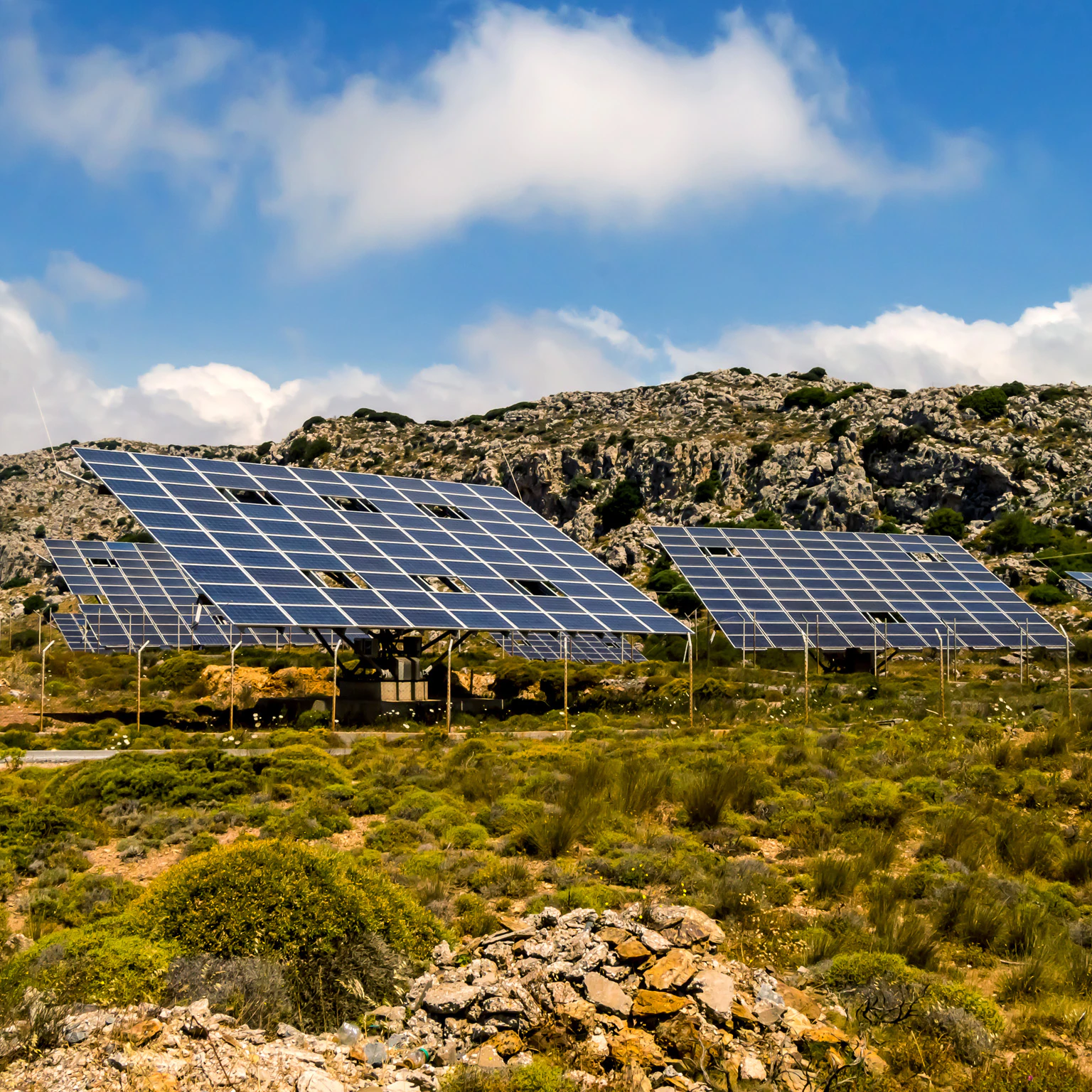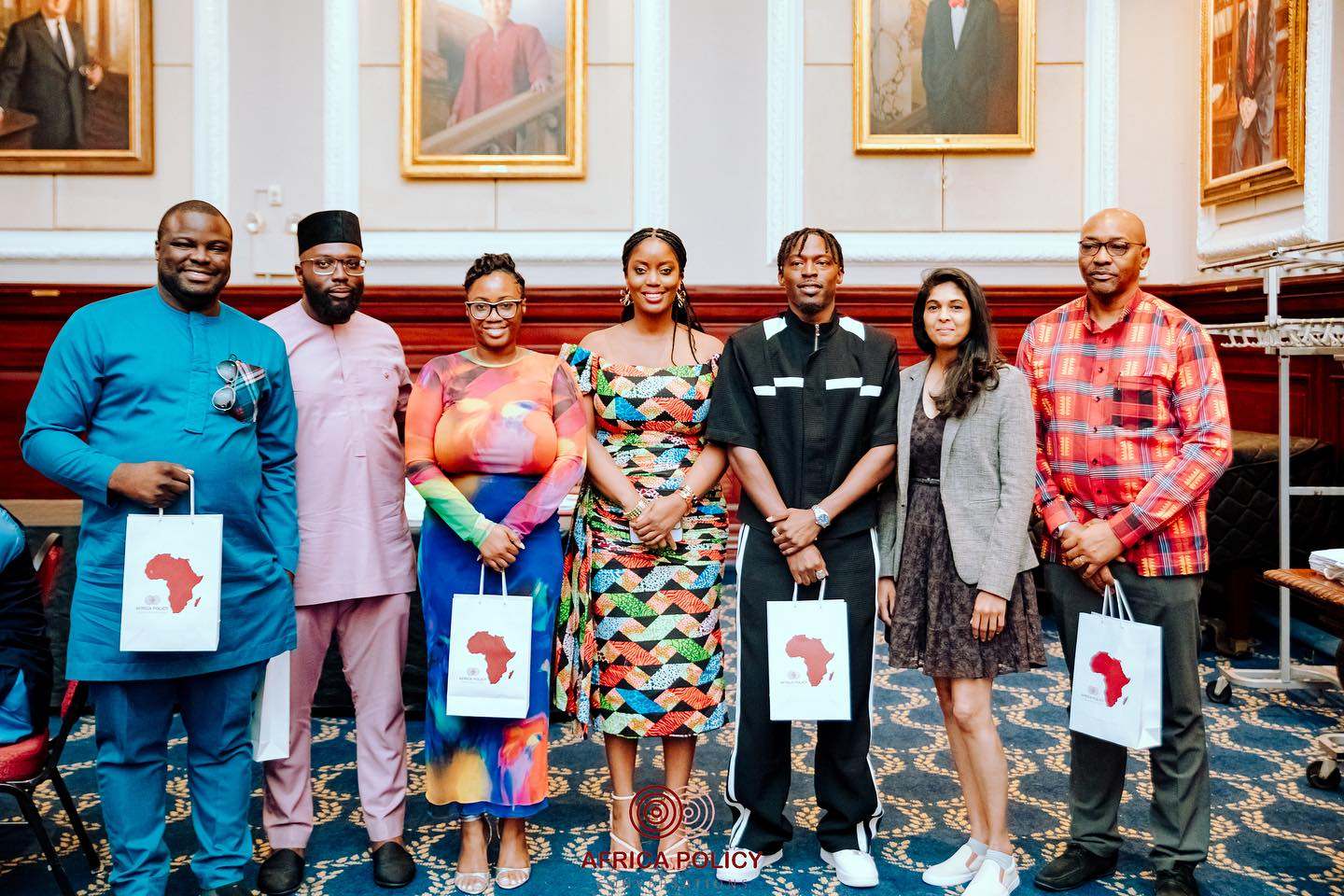Africa’s mineral wealth has long been recognized as a vital resource to boost its economic stability. While the presence of mineral resources is a potential asset, its mere existence does not guarantee economic development; rather, it is hinged on the capacity to manage these resources and use them to catalyse development. To truly capture the wealth created by mineral resources, value addition is pivotal. We must first create value from our resources and by that, capture mineral wealth.
The low-hanging fruit as a country to rise is an investment in our mineral resources, using mining as a forerunner. With vast reserves ranging from precious metals to essential minerals, the global demand for these resources continues to grow and mining emerges as a strategic gateway for the continent to translate its geological endowments into tangible economic benefits. The opportunities in lithium, cobalt, and gold play a pivotal role. Lithium’s importance in green energy, cobalt’s significance in the electric vehicle industry, and gold’s status as a store of value present compelling opportunities. However, realizing this potential requires responsible mining practices, transparent supply chains, infrastructure development, and skill-building in local communities. By embracing sustainable mining, harnessing technological innovations, and fostering community engagement, Africa can capture its mineral wealth, create jobs, reduce poverty and boost economic growth, all of which drive self-sufficiency and reduce reliance on import systems.
As the continent enters a new chapter in mining, striking a balance between growth and sustainability becomes imperative. While the potential for prosperity through mineral extraction remains significant, it must be harnessed in a way that safeguards the environment, respects local communities, and maximizes the benefits for all stakeholders.
A few things must be taken into consideration in this new Chapter;
- Industrializing Africa through the development of regional value chains and intra-African value chain integration. This means developing and connecting industries across African countries encouraging efficient collaboration which would in turn lead to a reduction of foreign import dependency placing more value on our resources. By increasing the value of mineral resources and capturing the wealth created by the value addition, our economic and environmental well-being can improve significantly.
- Promoting self-trading across Africa and Global Partnerships. The overarching objective is to transition towards a continent where trade predominantly involves products and services that are either entirely crafted within Africa or significantly transformed within its borders. To do this, it is important to analyze comparative advantages, product quality, safety standards, and social and environmental impacts, and ensure the seamless flow of goods and services. Responsible investment, technology transfer, and knowledge sharing can accelerate progress.
- Development of a Robust Industrial Sector. For genuine national development and the provision of respectable socio-economic livelihood for African citizens, this is important. Mining, a key part of Africa’s economic strength, can significantly contribute to the planned industrial expansion. Africa’s wealth of minerals serves as the essential building blocks for industries, including manufacturing and energy. By connecting mining methods with ideas of being efficient, socially accountable, and sustainable, there’s a chance to create a powerful connection between mining and industrial growth on the continent serving as a potent catalyst for economic transformation.
- Technological Leapfrogging: Africa’s mining sector has the opportunity to leapfrog traditional practices by embracing innovative technologies. Automation, digitalization, and advanced exploration techniques can improve efficiency, safety, and environmental impact. Additionally, technologies like blockchain known for their transparency and security are valuable. It creates an unchangeable and shared ledger of transactions across a decentralized network of computers recording and linking every step of the minerals journey from extraction to distribution in the blockchain. This technology enhances consumer and business confidence in responsible sourcing, as it verifies that minerals come from conflict-free regions and comply with ethical and environmental standards, ultimately promoting ethical practices in global supply chains.
- Community Engagement and Benefit Sharing: Engaging with local communities is central to Africa’s mining future. Meaningful consultation, informed consent, and fair benefit sharing are critical components of responsible mining. By involving communities in decision-making processes and ensuring they receive a fair share of the benefits, the industry can build trust and foster positive relationships that endure beyond mine closure.
By developing new technologies to extract and use our resources more efficiently, requiring companies to invest in local communities, ensuring benefits of value addition are shared fairly among stakeholders and taxing company profits, we would be on the right track to truly capture mineral wealth. There is also great urgency to focus on the benefits of capturing mineral wealth through mining while also meeting development requirements like legal systems, good infrastructure, stable energy, financial access, and a skilled and healthy workforce.
As Africa moves towards a future of progress, industry growth, and improving lives, mining acts as a link between dreams and reality. Combining responsible mining with industrial expansion and international standards focused on community empowerment, the continent can use its resources to drive overall progress, leading to a positive cycle of development. Not just for the economy, but also tackling social fairness and taking care of the environment for generations to come.
Written By: Gabriella Onah
REFERENCES
- The Mining, Minerals and Sustainable Development Project, MMSD.
- United Nations Economic Commission for Africa. (2020). “Africa Mining Vision.”
- World Bank. (2019). “The Growing Role of Minerals and Metals for a Low Carbon Future.”
- International Institute for Sustainable Development (IISD). (2021). “Mining and the Sustainable Development Goals.”

